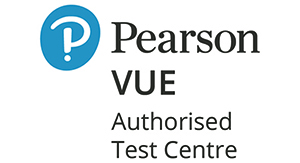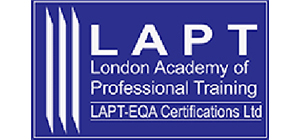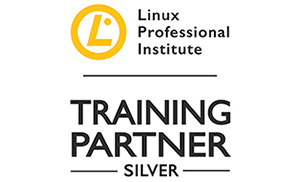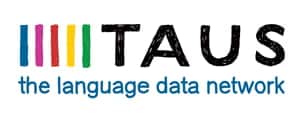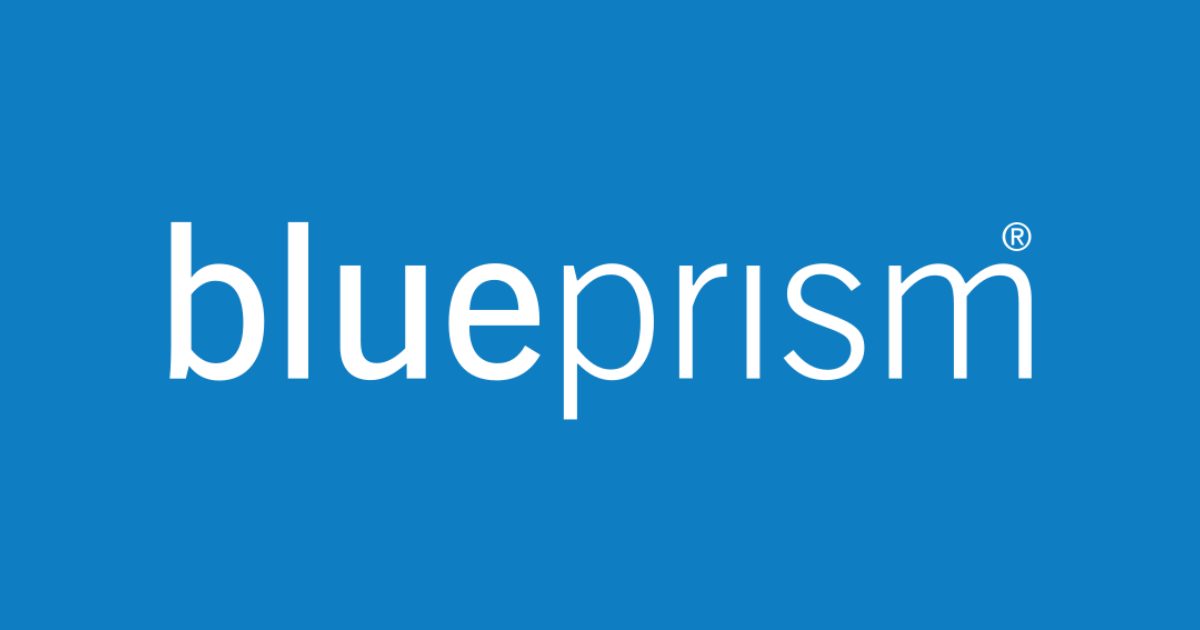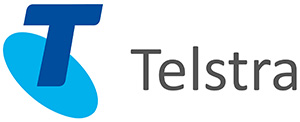Before we look into the reasons why employers prefer certified professionals holding IT certifications for jobs, it is essential to understand what accreditation is and the difference between certification and a traditional university degree.
What is a certification? What is the difference between a degree and a certification?
Traditional degrees require a longer duration of time to achieve them, e.g. over 12 months or from 2 to 5 years. It covers a broad range of areas, but is mostly theoretical. The content included in a degree program is usually out of date by the time the degree is attained. Certification, on the other hand, requires relatively a shorter duration of time and targets special skills, in-depth with hands-on knowledge. It provides industry-relevant capabilities quickly. Certifications provide individuals with job-related or job-oriented skills compared to traditional degrees.
Why do employers prefer certifications for jobs?
The job market scenario varies from country to country.
In some countries, importance is given to hands-on experience, in other countries, the emphasis is given to certifications and real-world experience, and in other parts of the world, importance is given to individuals with certifications and locally relevant experience.
On top of having an educational degree, many organisations worldwide, give preference to individuals who have specialised knowledge on a specific area, in other words, a subject matter expert (SME). A subject matter expert is someone who knows most technical aspects about a particular subject; therefore, professionals with certifications are preferred. For IT jobs in Australia, credibility is given to individuals with professional certifications, as most organisations believe the skills required can be attained through gaining the certifications.
Degrees cover a broad range of knowledge areas; they are theoretical, and, students find it challenging to get a job afterwards and to cope in a working environment though they have the required theoretical knowledge. IT certifications, on the other hand, help to gain in-depth relevant, practical knowledge as the individuals are evaluated based on scenario-based questions during certification exams.
In a few cases, industry recognised professional certifications might help in landing jobs without relevant experience which is entirely dependent on that organisation’s culture.
Globally recognised certifications and ever-changing technologies
With many certifications created by leading vendors, they are recognised globally and are more specific to a job role. Hence, companies prefer individuals with certifications rather than just having an educational degree.
The technology landscape is continuously changing/evolving and so do the IT certifications with updates happening to them every 2 to 3 years. Due to the ever-changing technologies and the introduction of new technologies, the need to upgrade your skillsets and be up-to-date is more crucial than ever before.
It also helps you in gaining confidence to make you job-ready or switch careers.
Research data about certifications
The findings of CompTIA’s survey of employers to better understand their attitude toward IT certifications when hiring are given below:
* Around 67% of employers use IT certifications to distinguish between equally qualified candidates
* 72% of employers require certification for specific job roles
* 60% of organisations use IT certifications to validate a job candidate’s subject matter knowledge
* 67% of employers think IT certifications are very valuable back in 2011 this number was only 30%
Some of the top certifications
Hot specialisations range from IT, Networking, Cloud computing, Cybersecurity, project management, ITIL and security, although it’s a partial list and there are many more specialisations that are not mentioned here.
Conclusion
Around 80% of IT professionals believe certifications are useful for their careers and based on our research of the Australian job market coupled with our industry experience of over 50 years; we believe professional certifications are crucial, if not mandatory, to land a job in Australia. If you have a degree, it is time to add a few IT certifications to improve your chances of getting employment.
Although the situation is not the same in other parts of the world, such as Europe or India, it still does add tremendous value to your resume when you have a professional certification.
For IT courses, visit the training course experts at Logitrain, call us on 1800 159 151 or email us info@logitrain.com.au.
Looking for an IT Job?
Please call us on 1800 159 151, or complete the form below.











